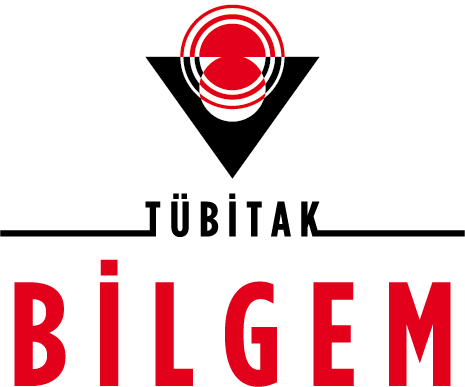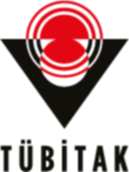TRAININGS
Test and Evaluation Directorate Trainings
TEMPEST Trainings
Duration of Education | • 1 day |
Prerequisites | • To have knowledge about information security. |
Who Can Participate? | • Those working on information security, • combatants, • Those who want to have information about TEMPEST (information leaks), • Persons with roles of supervising, designing/developing, operating IT products and systems. |
Education Goals | • To learn what the concepts of information security and TEMPEST are, • Learning the history of TEMPEST, • To have knowledge about the standards related to TEMPEST, • Gains about what measures should be taken to prevent information leakage. |
Subject Headings | • Information security • What is TEMPEST? • TEMPEST History • Definitions and Important Concepts • Device TEMPEST Risks • TEMPEST Standards • TEMPEST Policy • TEMPEST Countermeasures |
Duration of Education | • 0.5 days |
Prerequisites | • To have knowledge about information security. |
Who Can Participate? | • Those working on information security, |
Education Goals | • To learn what the concepts of information security and TEMPEST are, • Learning the history of TEMPEST, • To have knowledge about the standards related to TEMPEST, • Gains about what measures should be taken to prevent information leakage. |
Subject Headings | • Information security • What is TEMPEST? • TEMPEST History • Definitions and Important Concepts • Device TEMPEST Risks • TEMPEST Standards • TEMPEST Policy • TEMPEST Countermeasures |
(YTKDL) Software Testing and Quality Evaluation Laboratory Trainings
Duration of Education | • 1 day |
Prerequisites | • There are no specific prerequisites. |
Who Can Participate? | • Software test engineers, |
Education Goals | • Software testing concepts, |
Subject Headings | • Fundamentals and Importance of Software Testing |
Duration of Education | • 0.5 days |
Prerequisites | • To have basic programming knowledge. |
Who Can Participate? | • Software test engineers, |
Education Goals | • Understanding the difficulty and cost of writing quality code, as well as the importance of gains, |
Subject Headings | • Factors Affecting Software Code Quality |
Duration of Education | • 0.5 days |
Prerequisites | • To have basic programming knowledge. |
Who Can Participate? | • Software developers, |
Education Goals | • Which guides they will use to develop secure code, |
Subject Headings | • What is Static Code Analysis? |
Duration of Education | • 1 day |
Prerequisites | • There are no specific prerequisites. |
Who Can Participate? | • Software developers, |
Education Goals | • The concept of reliability, |
Subject Headings | • Software Reliability and Reliable Software Development |
Duration of Education | • 0.5 days |
Prerequisites | • There are no specific prerequisites. |
Who Can Participate? | • Software test engineers, |
Education Goals | • Learning the concepts of usability and user experience, |
Subject Headings | • Usability and User Experience |
Duration of Education | • 0.5 days |
Prerequisites | • There are no specific prerequisites. |
Who Can Participate? | • Software test engineers, |
Education Goals | • Defining how the performance of the software will be determined, |
Subject Headings | • Basics of Performance Testing |
Duration of Education | • 0.5 days |
Prerequisites | • There are no specific prerequisites. |
Who Can Participate? | • Software developers, |
Education Goals | • Understanding the TS ISO/IEC 25051 standard and the importance of software quality, |
Subject Headings | • Importance of TS ISO/IEC 25051 Standard |
Duration of Education | • 0.5 days |
Prerequisites | • There are no specific prerequisites. |
Who Can Participate? | • EBYS software developers, |
Education Goals | • Learning EBYS document management techniques and applications, |
Subject Headings | • Required Document Management Techniques for EBYS and |
(OKTEM) Common Criteria Test and Evaluation Laboratory Trainings
Duration of Education | • 1 day |
Prerequisites | • Reviewing the Common Criteria standard Part-1 “Introduction and General Model” before training will make training more efficient. |
Who Can Participate? | • Those who audit information technology (IT) products and systems, |
Education Goals | • To have basic information about the Common Criteria standard, usage, applications and certification process. |
Subject Headings | • Summary Information on Common Criteria Standard, Field of Application and Parts of the Standard |
Duration of Education | • 5 days (1 day theoretical, 4 days practical) |
Prerequisites | • Basic knowledge of the operation of RSA (Rivest Shamir Adleman), DES (Data Encryption Standard) and AES (Advanced Encryption Standard) crypto algorithms. |
Who Can Participate? | • Those who audit information technology (IT) products and systems |
Education Goals | • Having knowledge about Side Channel Analysis applicable for smart cards, |
Subject Headings | • Theoretical Section: |
(RAPSİM) Radar Performance and Track Analysis Center Trainings
Duration of Education | • 1 day |
Prerequisites | • To have knowledge of basic mathematics, linear algebra, probability theory and basic optimization. |
Who Can Participate? | • Scientists or engineers doing research in the field of radar target classification |
Education Goals | • Gaining general knowledge and skills about target classification, |
Subject Headings | • Target Classification Basics |











